
USM Reinforces Global Engagement by Joining 2025 International COIL Conference
May 23, 2025
USM Receives Sheep Donation from Cotabato Province
May 23, 2025
May 22, 2025 — In a collaborative effort to boost local entrepreneurship, the USMart Technology Business Incubator (TBI), in partnership with the Kidapawan City Local Economic Development and Investment Promotions Office (LEDIPO) and the Department of Trade and Industry (DTI) Provincial Office, successfully conducted a Business Model Training at Kuya Rey’s Foodhouse, Kidapawan City
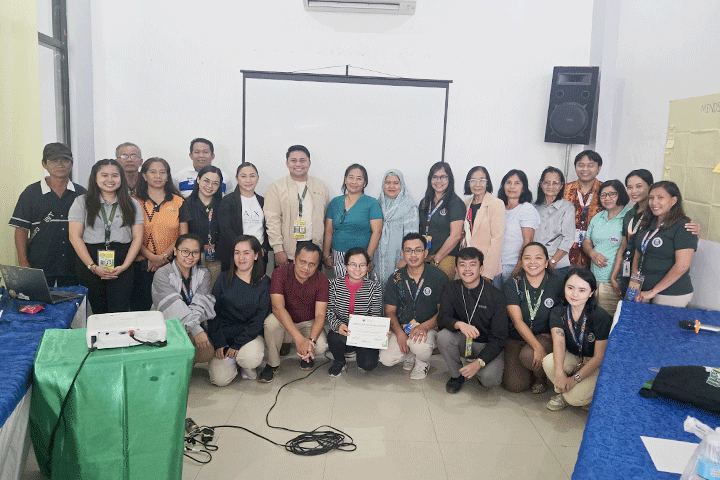

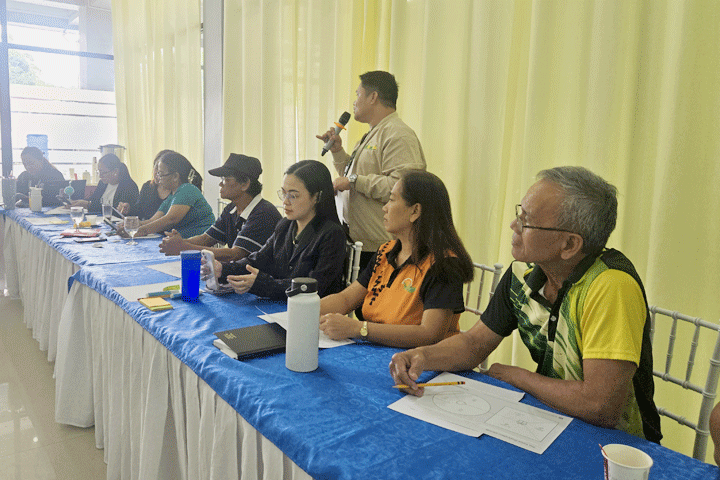
The event brought together local producer, entrepreneurs and artisans with the goal of enhancing their entrepreneurial capacity and promoting sustainable business practices. The training focused on equipping participants with practical tools to innovate and align their business models with long-term growth strategies.
Dr. Jalaloden B. Marohom, Project Leader, served as the resource speaker, alongside with Mr. Kim Bryan A. Abellanosa, Project Manager, and Engr. Chloee Faith O. Teves, Project Technical Assistant in Marketing of USMart TBI. Dr. Marohom shared practical insights on value proposition, business model, strategic planning, and performance evaluation—building on the participants’ prior experience from the Kapatid Mentor ME (KMME) program. His session emphasized the importance of adaptive business modeling in the face of evolving market demands.
Participants engaged actively throughout the training and expressed appreciation for the knowledge gained, particularly in aligning their business goals with market realities and sustainability principles.

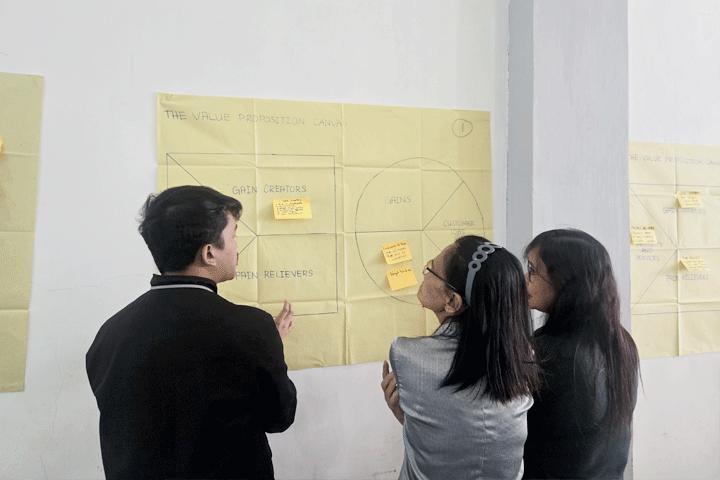
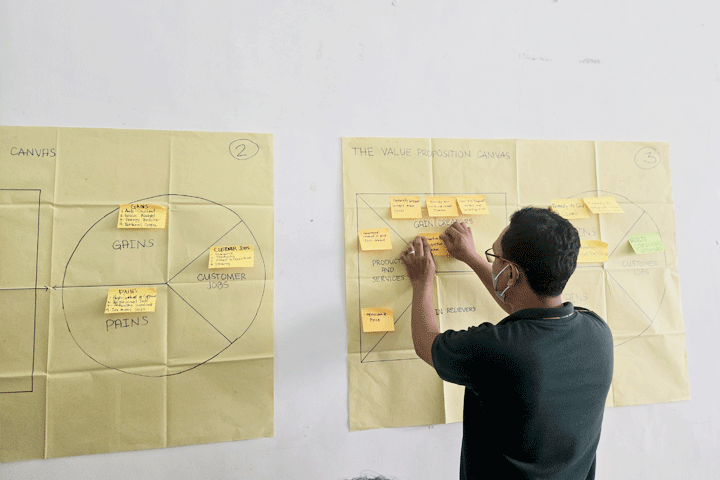
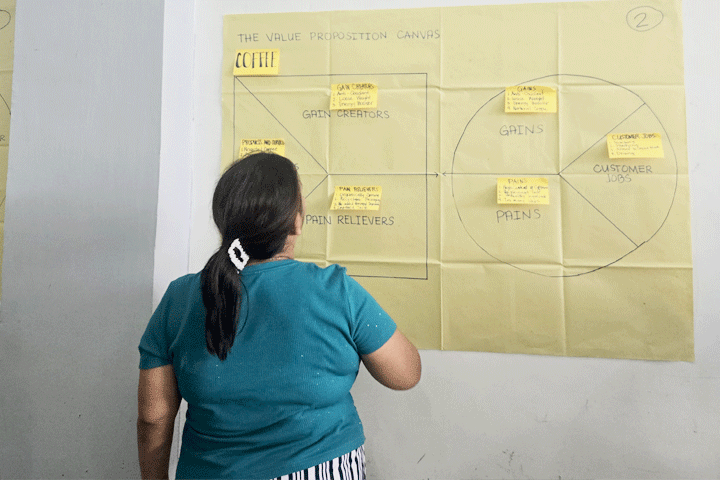
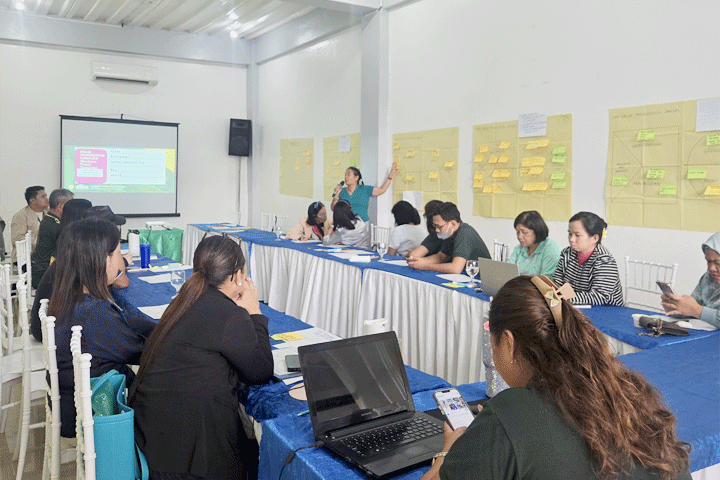


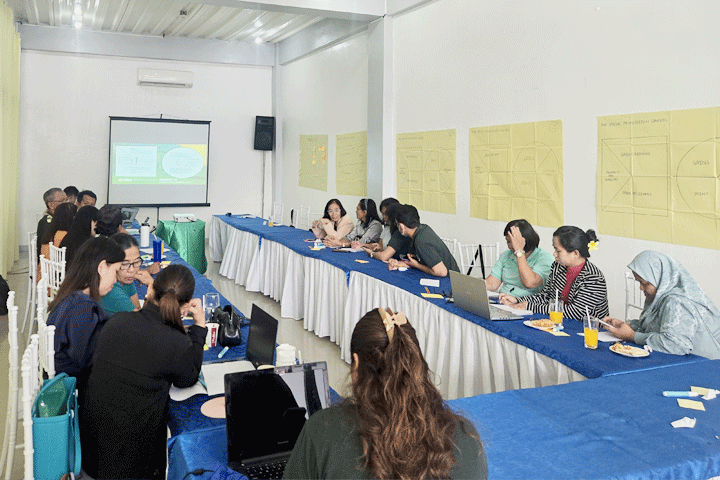
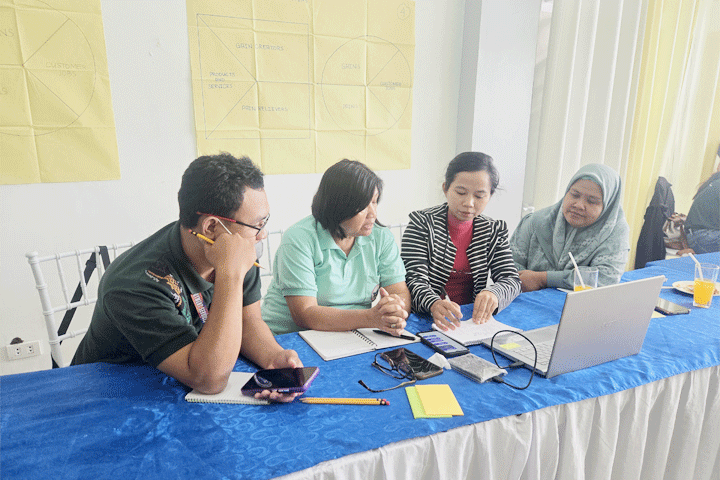
This initiative is part of a broader commitment by USMart TBI, LEDIPO, and DTI to foster innovation, build entrepreneurial capacity, and support the growth of micro, small, and medium enterprises (MSMEs) in the region.
As local producers continue to play a crucial role in regional development, programs like these highlight the importance of collaborative efforts in creating resilient and growth-oriented businesses.
